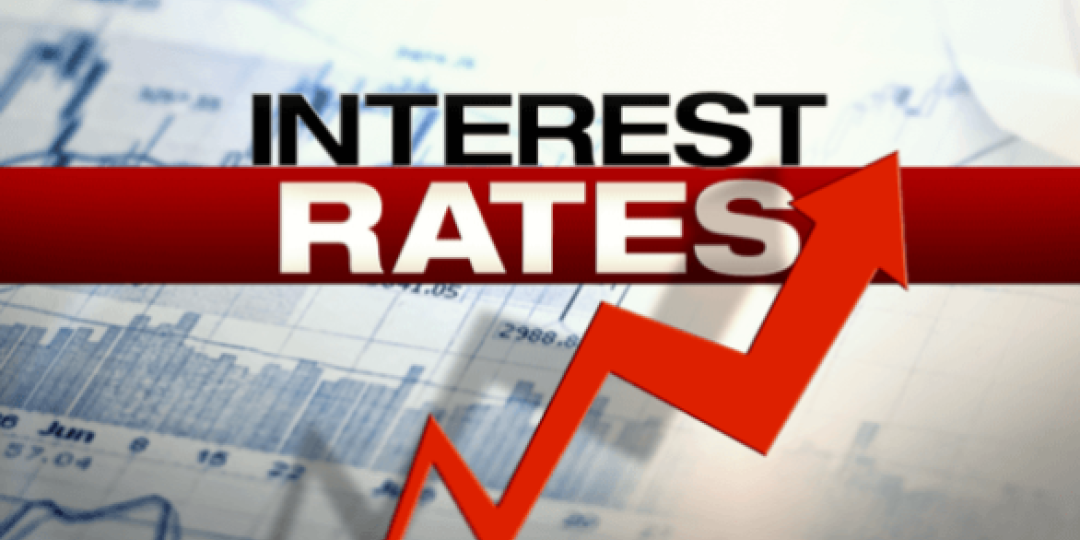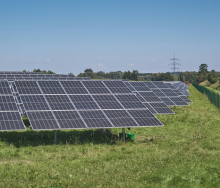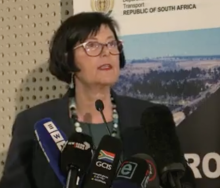Economists are forecasting a 50bps interest rate hike when the SA Reserve Bank’s monetary pricing committee meets this week, partially blaming rising load-shedding for inducing a “stagflation” shock to the economy.
Bureau for Economic Research economists at the University of Stellenbosch said on Monday that they had had a change in policy rate view regarding the upcoming decision on Thursday.
This comes after Eskom announced that the pressure on the national electricity grid was expected to remain “tight” this winter, with the prospect of daily Stage 6 load-shedding and the worst-case scenario that power cuts could be escalated to Stage 8. However, Eskom has denied claims that the grid is at risk of collapse.
“Although a further worsening of the power situation is undoubtedly bad for growth and in isolation would argue against further domestic policy interest rate hikes, it is also inflationary,” the BER economists said.
“This is because longer hours without power will increase business operating costs as diesel-powered generators need to run for extended hours and wastage ramps up. Leading retailers have already sounded the alarm that any additional costs associated with even more intense power cuts would have to be passed on to the end consumer,” the economists said.
“In that sense, increasingly, the power crisis is a stagflation – lower growth, higher inflation – shock. The inflationary impact of load-shedding is exacerbated because concerns around the power crisis have arguably been a major contributing factor to the recent rand crash,” they said.
Economists warned that if sustained, the weaker currency would have adverse price impacts. “Fortunately, in the very near term, the pass-through of the currency sell-off to domestic inflation is muted by subdued, albeit rising last week, international oil prices. Even so, given the SA Reserve Bank’s (SARB) primary mandate of price stability, we think the upside price risks from more intense load-shedding, the recent stark deterioration in SA’s risk premium, and the associated fall in the value of the rand, will push the SARB Monetary Policy Committee (MPC) to hike the repo rate by 50bps on Thursday,” the BER said.
Before the recent bout of currency weakness, economists expected an increase of 25bps, signalling the end of the tightening cycle.
“Even if the MPC moves by 50bps on Thursday, it is now less clear whether that will bring the hikes to an end. Besides the domestic woes, the uncertain domestic interest rate outlook reflects mixed commentary from leading US central bank (Fed) policymakers during the three past weeks,” the economists said.













